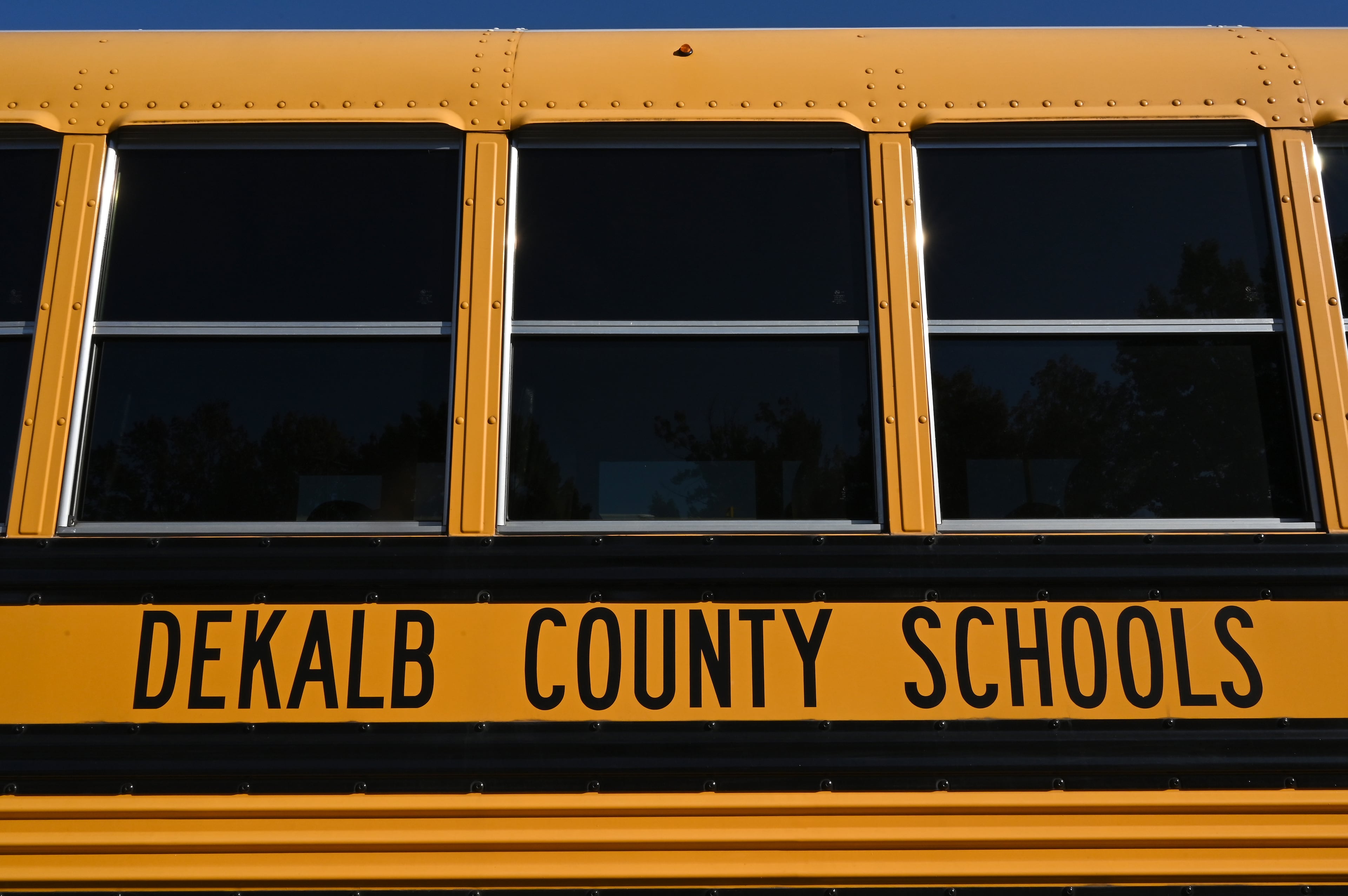Should teachers ever jump in and try to break up student fights?
Do education classes equip aspiring teachers for classroom combat? How candid are colleges of education about the referee role teachers may be required to play, especially those working in middle and high schools?
Is there any solid guidance on when a teacher should get in the middle of warring students? Is it only when a child appears in mortal danger?
Or, is it never due to the risks?
The most immediate risk is being hurt by the tussling students. But there is also a real risk to educators of losing their jobs if the school board feels they used excessive force to stop the fight.
Last week, I posted a news story about an Atlanta Public Schools teacher who attempted to defuse a classroom brawl and was injured after a teen attacked him. A video shows a Douglass High School ninth grader repeatedly punching the teacher in the head.
WSB-TV reported:
The student was arrested and charged with assault. The teacher ended up at the hospital, suffering minor injuries. In a statement, Atlanta Public Schools said, "safety and security of students and staff is a top priority in APS."
Both students involved in the initial altercation will face discipline in line with the APS code of student conduct. The district said the teacher is recovering after being released from the hospital.
The video made me wonder how much time is spent talking about classroom violence in teacher prep programs.
Stepping into student skirmishes can lead teachers into a social media minefield. A hero teacher trying to separate brawlers can end up looking like the aggressor if bystanders record the incident and post a portion of it. (This was a subplot of the wonderful play "Pipeline." )
After I shared the Douglass High video on AJC Get Schooled, teachers relayed their own experiences and their own response to student fights.
Only a few teachers said they’d physically insert themselves into a student altercation: “I’m not going to first let a fight start in my presence. Any good observer can see it coming. Secondly, I will try and break it up. If my getting hurt prevents another good student from being killed, it’s worth the risk,” said a teacher.
Most agreed with this poster: “Stop breaking up fights. You are not a police officer or a security guard. You are a teacher. The line must be drawn somewhere.”
Some educators were injured trying to end a clash and learned their lesson. “I don’t break fights up anymore. In 2007 I was punched in the face while trying to intervene,” said one.
A teacher wrote a good essay on this issue a few years ago for CNN. Among her points:
I've learned that the most responsible action can be protecting yourself so you can care for others. In keeping myself safe, I'm better able to protect my other students, the innocent bystanders. I have children of my own who need me to be functioning at 100%. I'm pregnant now, and when school starts in a few weeks, I must first and foremost protect my unborn child.
For all of those reasons and more I will remain a conscientious objector during fights that occur in my classroom.
Your thoughts?



